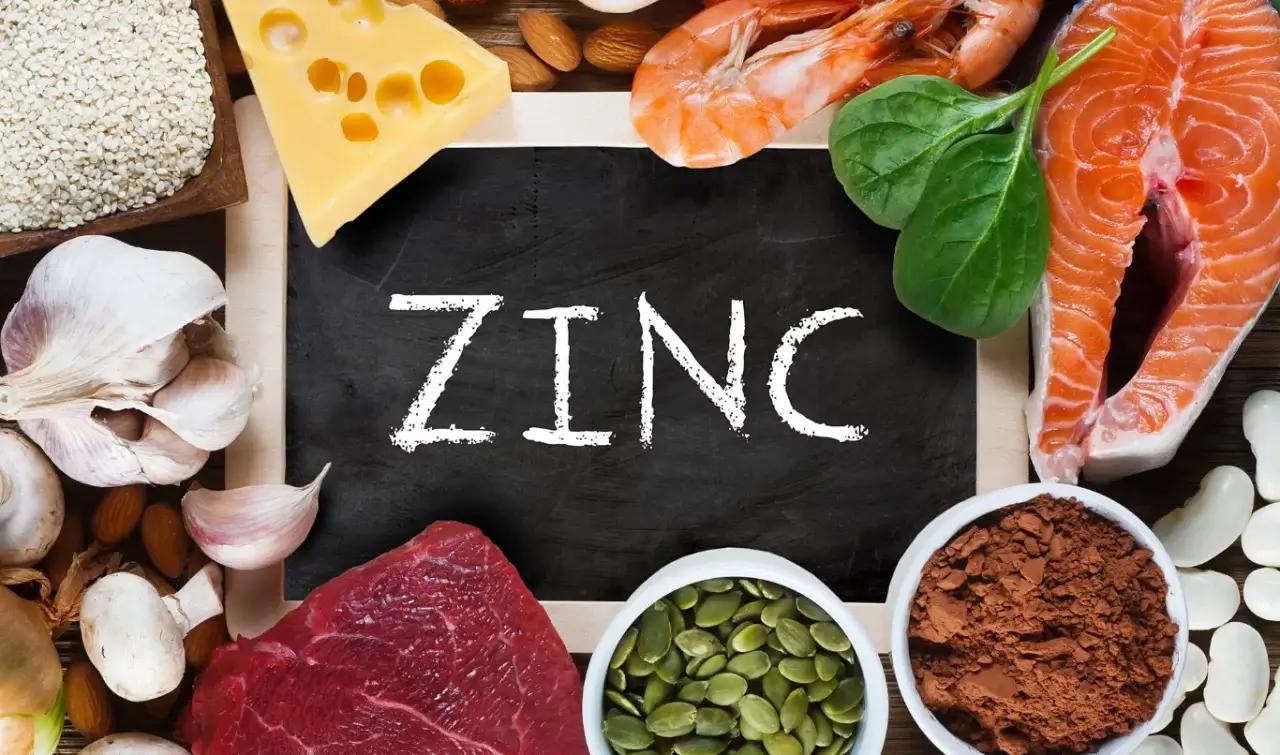Zinc Deficiency: What Does Your Body Lose?

Zinc is one of the essential trace elements for the human body. Although it is present in very small amounts, it plays a huge role in maintaining health.
Zinc participates in many biological processes: it strengthens the immune system, helps wounds heal faster, and supports the health of skin, hair, and nails. It also plays a key role in maintaining normal taste and smell.
According to scientists, zinc deficiency may cause fatigue, loss of appetite, skin rashes, and slower beard or mustache growth. In children, it can increase the risk of growth and developmental delays.
Zinc-rich foods include:
Meat and liver;
Fish and seafood;
Grains (oatmeal, buckwheat);
Seeds and nuts.
The daily requirement for adults is about 8–11 mg. The body cannot store zinc, so it must be obtained from food every day.
A balanced diet and regular consumption of zinc-rich foods are key to a strong immune system, healthy skin, and overall vitality.
Read “Zamin” on Telegram!












